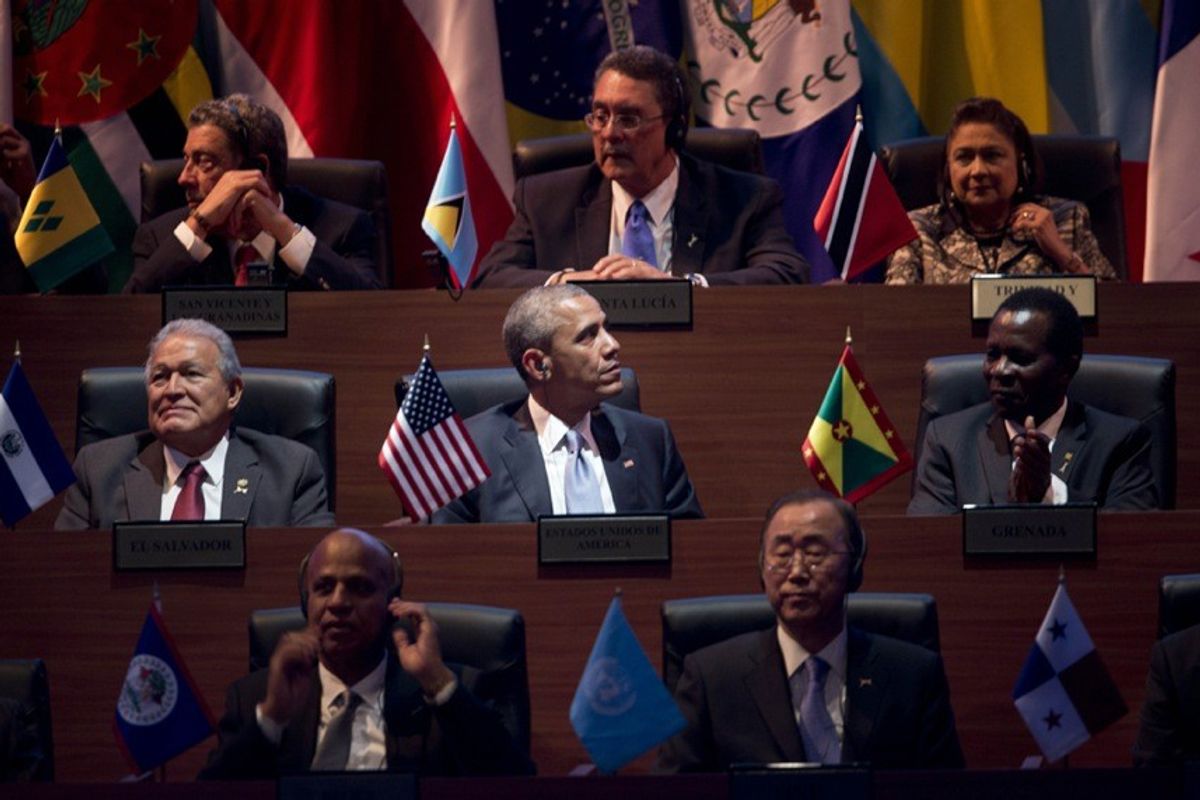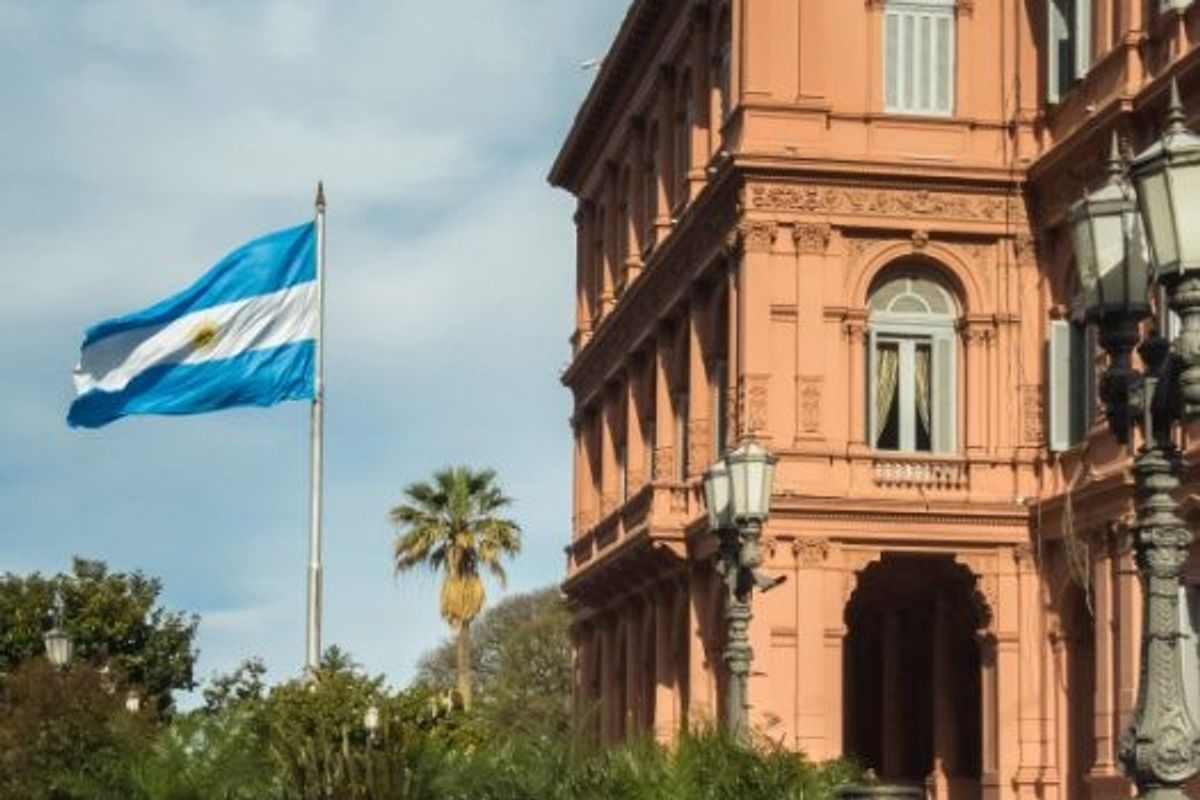Argentina was no stranger to Latin America’s so-called “left turn” during the past two decades, but recent developments suggest that saga may be coming to a close. After two rounds of dramatic elections in October and November, Argentinian President-elect Mauricio Macri will take office today in what analysts are calling a historic change for Latin America’s third largest economy. Macri’s election is likely to significantly alter Argentina’s political and economic trajectory over the coming years, and may be representative of a new “turn toward the center” in the region.
Macri’s win came as a surprise to many. Polls ahead of the October 25 general elections forecasted a clear victory for Daniel Scioli, the handpicked successor to current president Cristina Kirchner and her Frente Para la Victoria (Front for Victory). That outcome would have all but ensured a continuation of the Kirchnerismo brand of populist policies that have characterized the administrations of Kirchner (2007 - present) and her late husband Nestor (2003 - 2007) over the past 12 years.
Yet in the general election Scioli failed to garner 45% of the total votes, or 40% plus 10% more votes than the second highest candidate, either of which would have assured him an outright victory. The contest instead proceeded to a head-to-head runoff on November 22, where Macri’s Cambiemos (Let’s Change) received a majority of third party general election votes, resulting in a sound victory by more than a 2.5% margin.
Macri faces extraordinary challenges ahead, and his efforts will not be met without resistance. He will now take the reins of a country with dangerously low central bank reserves, high indebtedness to international creditors, fiscal deficits, double digit inflation, and a potentially difficult adjustment away from the Kirchner administration’s cepo cambiario, which placed heavy restrictions on foreign currency exchange. The IMF predicts that Argentina will experience a moderate economic contraction next year. Complicating his efforts will be the Argentinian legislature, where Kirchner’s FPV and political allies enjoy an upper chamber majority and lower chamber plurality.
In many respects Macri’s win amounts to a firm rejection of Kirchnerismo, inclusive of its protectionist economic policies, close ties with leftist governments, and scandal-ridden past. Macri’s supporters and many international observers see his promise of greater global economic integration and business friendly policies as a path away from the economic woes and international ostracism that have characterized Argentine politics since the early 2000s. Macri is also likely to reject the Kirchners’ longstanding alliances with Venezuela, Bolivia, and other leftist Latin American governments, in favor of broader ties with Brazil, Chile, the United States, and Europe.
Meanwhile, landslide congressional elections in Venezuela and internal discontent with Brazil’s left suggest that the conservative win in Argentina could be indicative of a wider trend. Analysts may already be speculating that these developments, along with Macri’s momentous win in Argentina, may be bringing Latin America’s “left turn” to an abrupt halt.
Steven Inglis currently lives and studies in Buenos Aires, Argentina, and is a master’s degree candidate of International Affairs at the George Washington University in Washington, DC. Prior to pursuing his master’s degree, Steven worked with the U.S. Department of Justice, Office of International Affairs, on Central and South American matters. Steven is a magna cum laude graduate of the University of Richmond, where he received a B.A. in Political Science.









